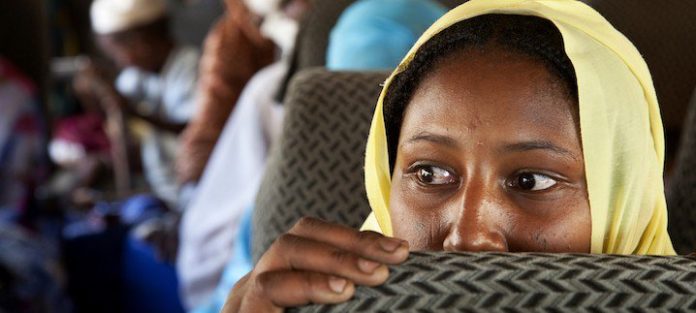This brief draws on field research conducted on trafficking in persons in four protracted conflicts in Africa – Central African Republic, Libya, Nigeria and Somalia – to explore what constitutes realistic and effective responses to trafficking in persons in conflict contexts. It argues that counter-trafficking efforts should be part of broader work to enhance community resilience to organised crime and to address long-standing needs, while responses which rely on the state, or approach the issue through a criminal lens, should be treated with caution.
Key points
∙ Conflict acts as an amplifier of pre-existing trafficking practices.
∙ In conflict contexts, where resources are thinly stretched and states have lost control of elements of territory, state-centric responses are undermined.
∙ Seeking to address trafficking in conflict through criminal frameworks can lead to inappropriate responses which detract from efforts to meet humanitarian needs.
∙ There is a need to move away from securitised responses, towards development-centric approaches which prioritise fulfilling basic needs and leverage the potential of local and national non-state influencers.
∙ Greater understanding of factors that increase individual and community resilience to trafficking is needed to ensure support is appropriately directed.
Read The 2019-06-30-tip-policy-brief-10 Here






























